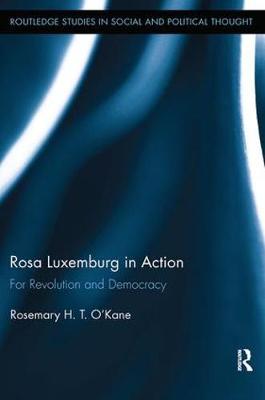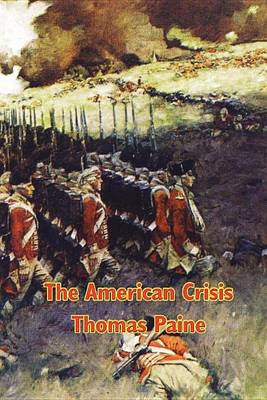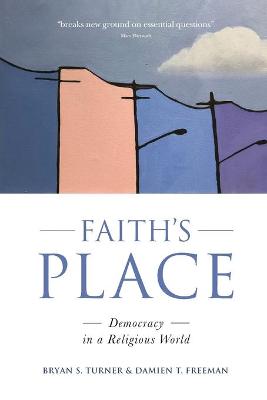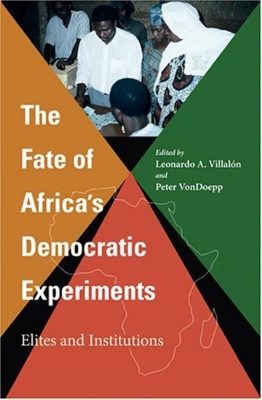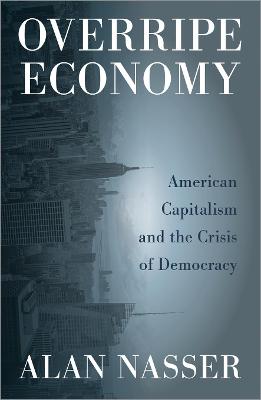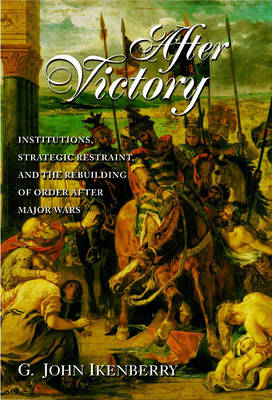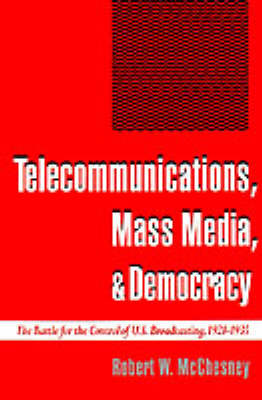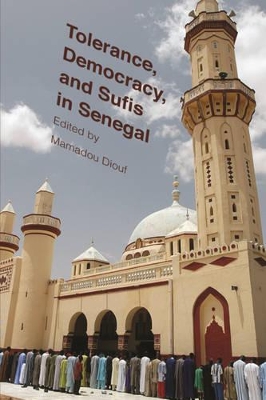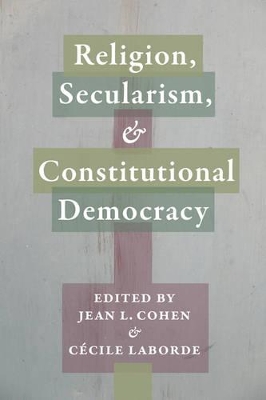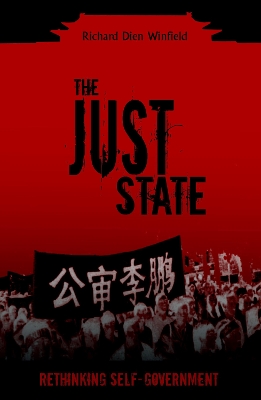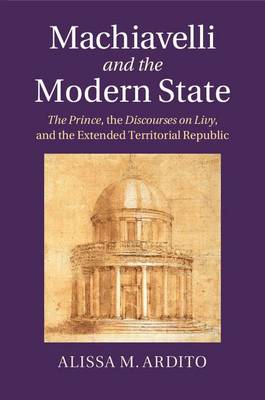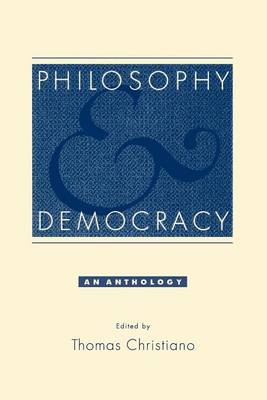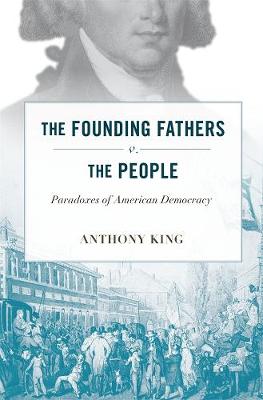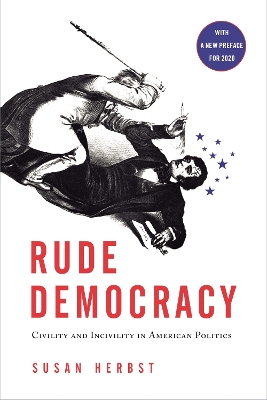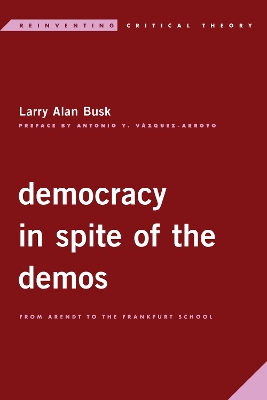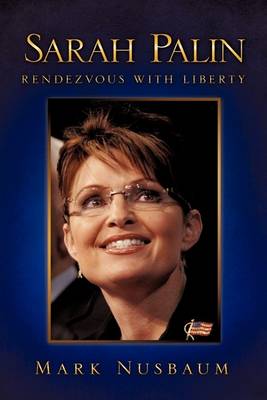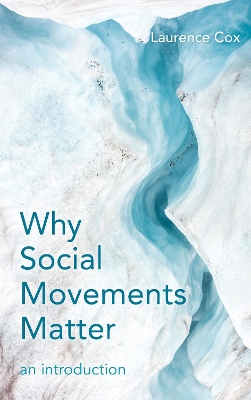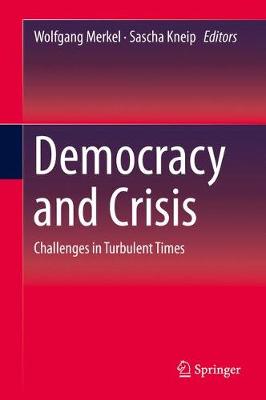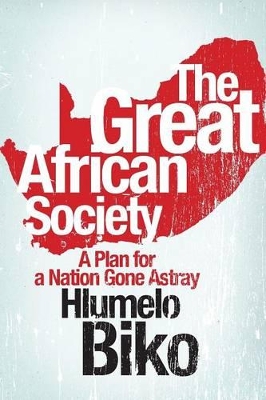Rosa Luxemburg in Action (Routledge Studies in Social and Political Thought)
by Rosemary H. T. O'Kane
Neither a work concerned only with her Marxist writings nor a personal biography concerned with her private life, this book examines Rosa Luxemburg's ideas on revolution and democracy and how the two are bound together by her views on the importance of political action. Stretching, historically, from 1863 to the present, this book covers in great detail the history and developments within the German SPD during her time, the 1905 and 1917 Russian Revolutions, the German Revolution, the outbreak o...
The American Crisis (Founding Fathers Collection, #4) (American Crisis)
by Thomas Paine
Thomas Paine wrote the American Crisis in an effort to justify the American Revolution and to bolster the moral of the Continental Army. THESE are the times that try men's souls. The summer soldier and the sunshine patriot will, in this crisis, shrink from the service of their country; but he that stands it now, deserves the love and thanks of man and woman. Tyranny, like hell, is not easily conquered; yet we have this consolation with us, that the harder the conflict, the more glorious the triu...
The Fate of Africa's Democratic Experiments
Does Western-style democracy make sense in the various geographic, economic, and social settings of the continent? How far toward democracy have recent liberalization movements gone? In The Fate of Africa's Democratic Experiments, Leonardo A. Villalon, Peter VonDoepp, and an international group of contributors consider the aftermath, success, failure, and future of the wave of democracy that swept Africa in the early 1990s. In some countries, democratic movements flourished, while in others, dem...
From industrialisation to the present day, Overripe Economy is a genealogy of the emergence of a finance-ridden, authoritarian, austerity-plagued American capitalism. This panoramic political-economic history of the country, surveys the ruthlessly competitive capitalism of the nineteenth century, the maturation of industrial capitalism in the 1920s, the rise and fall of capitalism's Golden Age and the ensuing decline towards the modern era. Alan Nasser shows why the emergence of the persiste...
After Victory (Princeton Studies in International History and Politics, #117)
by G. John Ikenberry
The end of the Cold War was a "big bang" reminiscent of earlier moments after major wars, such as the end of the Napoleonic Wars in 1815 and the end of the World Wars in 1919 and 1945. Here John Ikenberry asks the question, what do states that win wars do with their newfound power and how do they use it to build order? In examining the postwar settlements in modern history, he argues that powerful countries do seek to build stable and cooperative relations, but the type of order that emerges hin...
The Multiverse of Democracy
The essays in this volume focus on the diversity, richness and internal contradictions of democracy in the late twentieth century with reference to India. Part One explores the relationship between the state, violence and the politics of development. Part Two examines the implications of culture, knowledge and democratic practice on the evolution of democratic politics both in the West and in the developing world.
This book examines a critical point in US broadcasting in the late 1920s and early 1930s - the only period in which a strong opposition emerged to network-dominated, advertising-supported media such as radio. Although the opposition failed to secure airwaves for non-profit broadcasters, its critique of the formation and structure of early broadcasting anticipated much of today's most compelling media criticism.
Tolerance, Democracy, and Sufis in Senegal (Religion, Culture, and Public Life, #15)
This collection critically examines "tolerance," "secularism," and respect for religious "diversity" within a social and political system dominated by Sufi brotherhoods. Through a detailed analysis of Senegal's political economy, essays trace the genealogy and dynamic exchange among these concepts while investigating public spaces and political processes and their reciprocal engagement with the state, Sunni reformist and radical groups, and non-religious organizations. The anthology provides a r...
Religion, Secularism, and Constitutional Democracy (Religion, Culture, and Public Life, #20)
Polarization between political religionists and militant secularists on both sides of the Atlantic is on the rise. Critically engaging with traditional secularism and religious accommodationism, this collection introduces a constitutional secularism that robustly meets contemporary challenges. It identifies which connections between religion and the state are compatible with the liberal, republican, and democratic principles of constitutional democracy and assesses the success of their implement...
At a time when the enemies of democracy cannot be dissuaded by appeals to shared values and conventions, nothing is more pressing than a thoroughgoing investigation of what the state should be. Whereas contemporary thinkers have mostly relativized political justice or conceived it as a formal concept lacking institutional detail, The Just State provides a comprehensive theory of self-government, legitimating democracy and concretely conceiving how political institutions should be organized. Care...
This book offers a significant reinterpretation of the history of republican political thought and of Niccolo Machiavelli's place within it. It locates Machiavelli's political thought within enduring debates about the proper size of republics. From the sixteenth century onward, as states grew larger, it was believed only monarchies could govern large territories effectively. Republicanism was a form of government relegated to urban city-states, anachronisms in the new age of the territorial stat...
As pundits and politicians remind us at every election cycle or turn of the television dial, the United States sees itself as the world's greatest democracy. But what citizens might also hear, if they knew how to listen, is the grinding of two tectonic plates on which this democracy was established. In the venerable tradition of keen foreign observers of American politics, Anthony King exposes the political paradoxes in our system that we may well be too close to see-founding principles of our g...
Winner of the Doris Graber Award, American Political Science Association, 2013 Democracy is, by its very nature, often rude. But there are limits to how uncivil we should be. In the 2010 edition of Rude Democracy, Susan Herbst explored the ways we discuss public policy, how we treat each other as we do, and how we can create a more civil national culture. She used the examples of Sarah Palin and Barack Obama to illustrate her case. She also examined how young people come to form their own attit...
Democracy in Spite of the Demos (Reinventing Critical Theory)
by Larry Alan Busk
The value of democracy is taken for granted today, even by those interested in criticizing the fundamental structures of society. Things would be better, the argument goes, if only things were more democratic. The word "democracy" means "the power of the people," and scholars with a critical and progressive outlook often invoke this meaning as a way of justifying the honorific status accorded to the term: the power of the people to resist racism, sexism, imperialism, climate change, etc. But if...
Social movements and popular struggle are a central part of today's world, but often neglected or misunderstood by media commentary as well as experts in other fields. In an age when struggles over climate change, women's rights, austerity politics, racism, warfare and surveillance are central to the future of our societies, we urgently need to understand social movements. Accessible, comprehensive and grounded in deep scholarship, Why Social Movements Matter explains social movements for a gene...
In light of the public and scholarly debates on the challenges and problems of established democracies, such as a lack of participation, declining confidence in political elites, and the deteriorating capabilities of democratic institutions, this volume discusses the question whether democracy as such is in crisis. On the basis of the shared concept of embedded democracy, it develops a range of conceptual approaches to empirically analyzing the challenges of democracy and their potential transfo...

